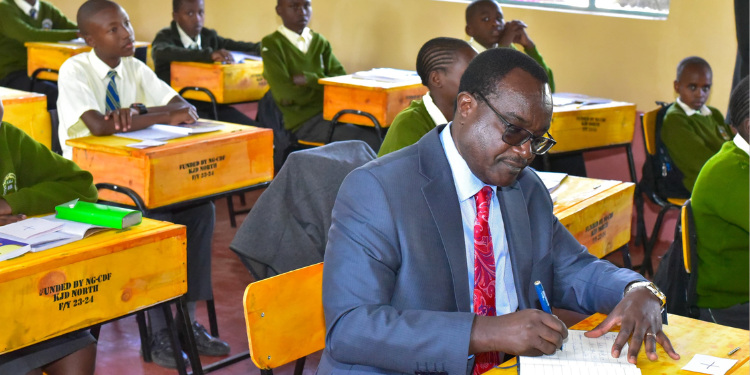Over the years, Kenyan children in public schools have enjoyed immense support from the government since the introduction of free Primary Education by the late President Mwai Kibaki, fulfilling every child’s constitutional right to have an education, while easing the burden for parents who are low-income earners.
However, with the rising cost of living and a dwindling economy, Kenyans have in recent months protested the escalating cost of education, with many wondering if basic education is still free as promised by the government.
President William Ruto‘s Kenya Kwanza Government allocated Sh7 billion for free primary education capitation in the 2025/2026 financial year, a reduction compared to the Ksh 9.1 billion allocated in the previous fiscal year. This means that school heads will be forced to cater to some of the financial needs within their institutions.
On September 13, 2025, President William Ruto directed Treasury CS John Mbadi and Education CS Julius Ogamba to align capitation disbursements with the academic calendar to end delays disrupting learning.
Is there Still Free Primary Education?
This followed teachers’ concerns about financial year vs. school calendar mismatches. Ruto instructed them to develop a new formula and submit a full report by December 2025, assuring resolution by January 2026. Basic Education PS Julius Bitok had earlier clarified in July that free education would not be scrapped, with lobbying for more funds ongoing.
The Kenya Times interviewed a teacher and a parent to delve into the current status of the cost of basic education in public primary schools and how parents are faring with the CBC curriculum.
According to Mercy Wambui, a teacher in a public school in Nairobi County, despite education being free, parents still have to pay for some items to keep their children in school.
” Yeah, it is free, but I can’t say truly free because whenever the children come, they have to buy exercise books for themselves,” Mercy said.
Additionally, parents with children in public schools have to incur the cost of a uniform, which is quite costly.
“For the uniform, the cost might be, probably, like Ksh 3,000 per set. We can talk about the sweaters, the dresses, the tracksuits, and the socks.
Ksh 3,000, excluding the shoes. So, if you include the shoes, probably like Ksh 5,000 on the lower side. But if they buy from the school, they are usually higher,” Wambui added.
Also Read: Top Bookshops for CBC, JSS and Secondary School Books in Nairobi
Moreover, according to Wambui, the capitation fund disbursed by the government is not usually enough because what it is supposed to cover isn’t always fully covered.
However, even though the money disbursed by the government is not enough, at least teachers can get the necessary materials to enhance learning within public institutions, benefitting the pupils indirectly.
“But at least we can get chalks, biro pens, and we are also able to get the blackboard dusters, the necessary things that the teachers use. But now, for the kid, maybe they benefit indirectly. When the teacher gets the biro pens, they can mark them and all that. But they don’t benefit directly,” Wambui stated.
Despite the capitation fund not being enough to purchase textbooks for learners in the CBC curriculum, Mercy acknowledges that the government has been able to provide the books, and every time there is any new addition or new syllabus, they always provide new books. Moreover, children can share those textbooks, like in groups of two, during lessons, which is manageable because public schools have a larger population.
Government Distributes Sufficient CBC Textbooks to Public Schools
On the other hand, Immaculate, a parent of two children at Kabiria Primary School, a public learning institution in Riruta ward offering the Competency Based Curriculum (CBC), says that the government has provided a relief to many parents by purchasing textbooks for learners, unlike in the past when parents were placed with the burden of purchasing textbooks.
“And when it comes to CBC, I can say that at least now, the cost of education is fairer than before.
I find things like when children go to school, things like textbooks, before, we used to buy them, at least nowadays we find that most of the Public Schools have those textbooks,” Immaculate stated.
Also Read: Why Capitation for Secondary Schools Has Been Reduced- CS Mbadi
Immaculate further stated that the cost of education in public primary schools in Kenya is affordable since the government caters to most of the learners’ needs, leaving very little for the parents to take care of.
According to her, the only thing that is left in the care of parents is the purchasing of uniforms, track suits, school shoes, and a few stationery.
The only challenge that Immaculate has with the CBC is parents taking part in the children’s assignments, some of which are quite complex, making it difficult for the parents to help their children handle them.
Ultimately, the CBC curriculum offers some relief to parents, despite the few challenges that can be overcome in the long run.
Follow our WhatsApp Channel and X Account for real-time news updates
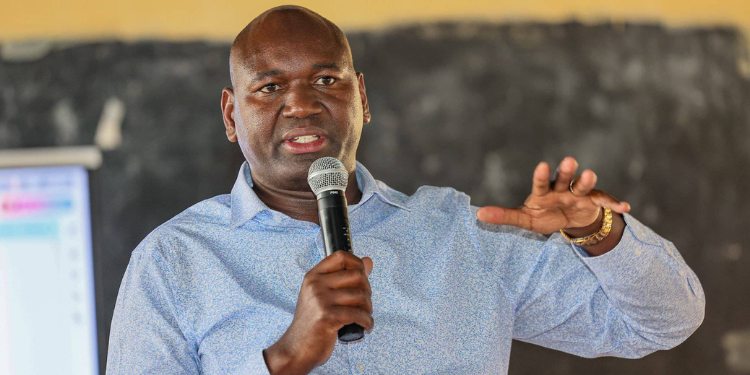


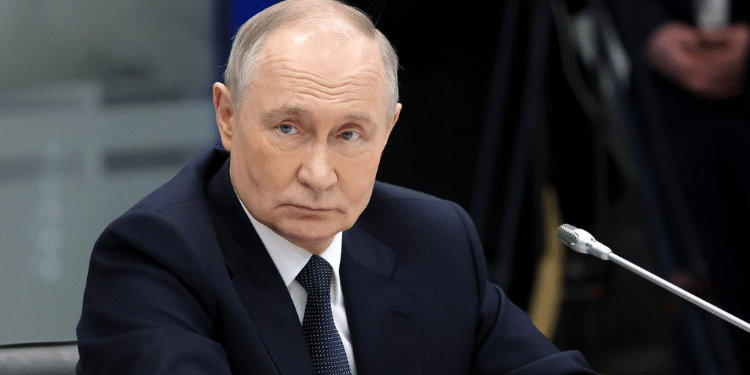
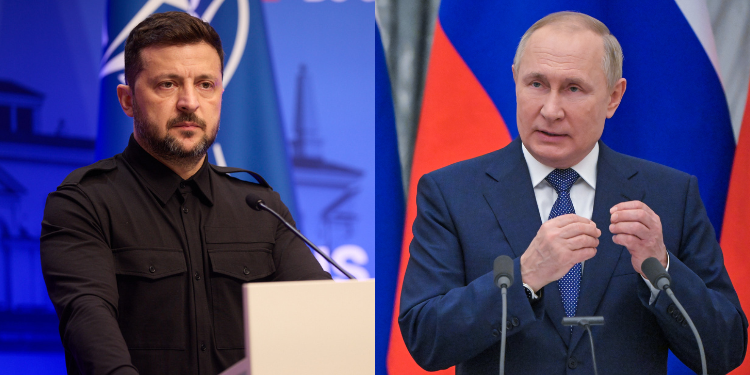
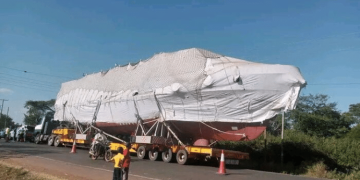
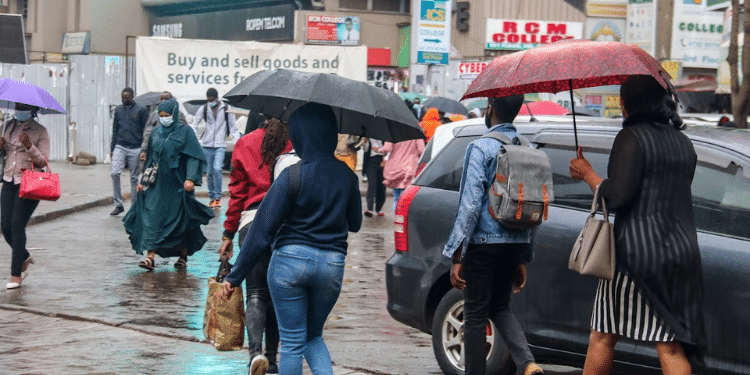
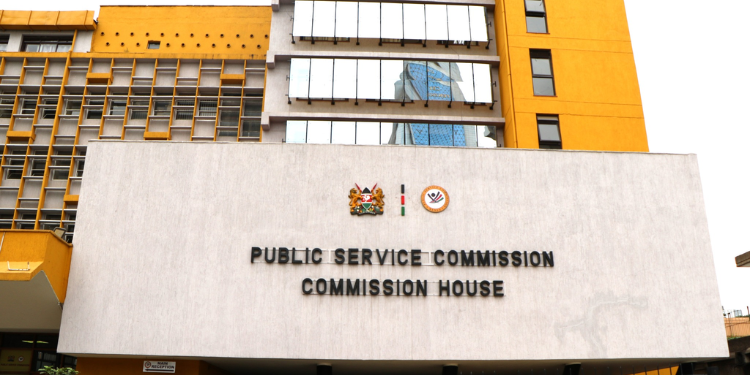


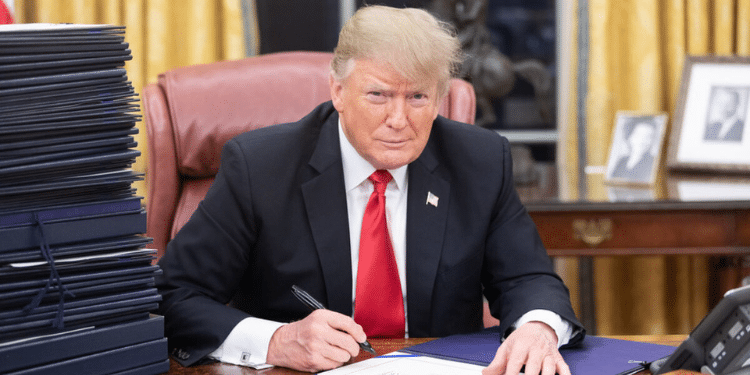





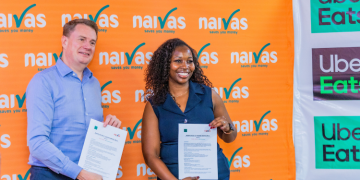



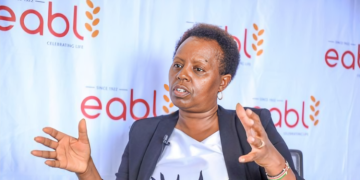
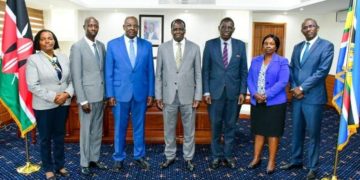
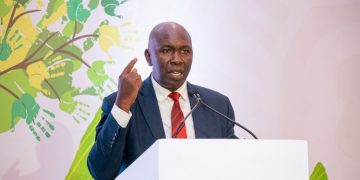
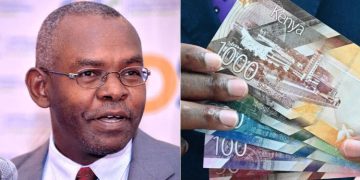































![Senator Allan Chesang And Chanelle Kittony Wed In A Colourful Ceremony [Photos] Trans Nzoia Senator Allan Chesang With Channelle Kittony/Oscar Sudi]( https://thekenyatimescdn-ese7d3e7ghdnbfa9.z01.azurefd.net/prodimages/uploads/2025/11/Trans-Nzoia-Senator-Allan-Chesang-with-Channelle-KittonyOscar-Sudi-360x180.png)
















